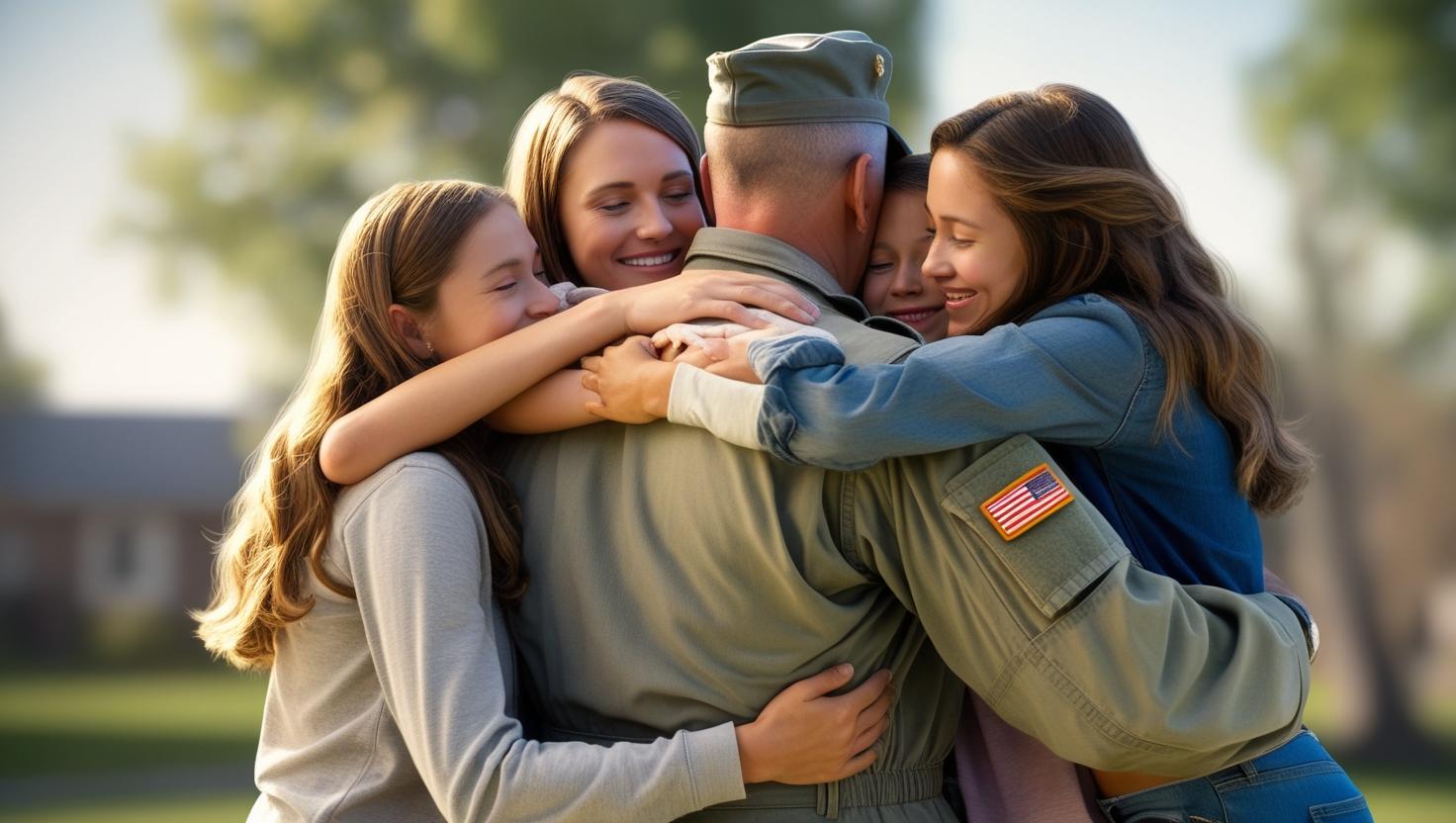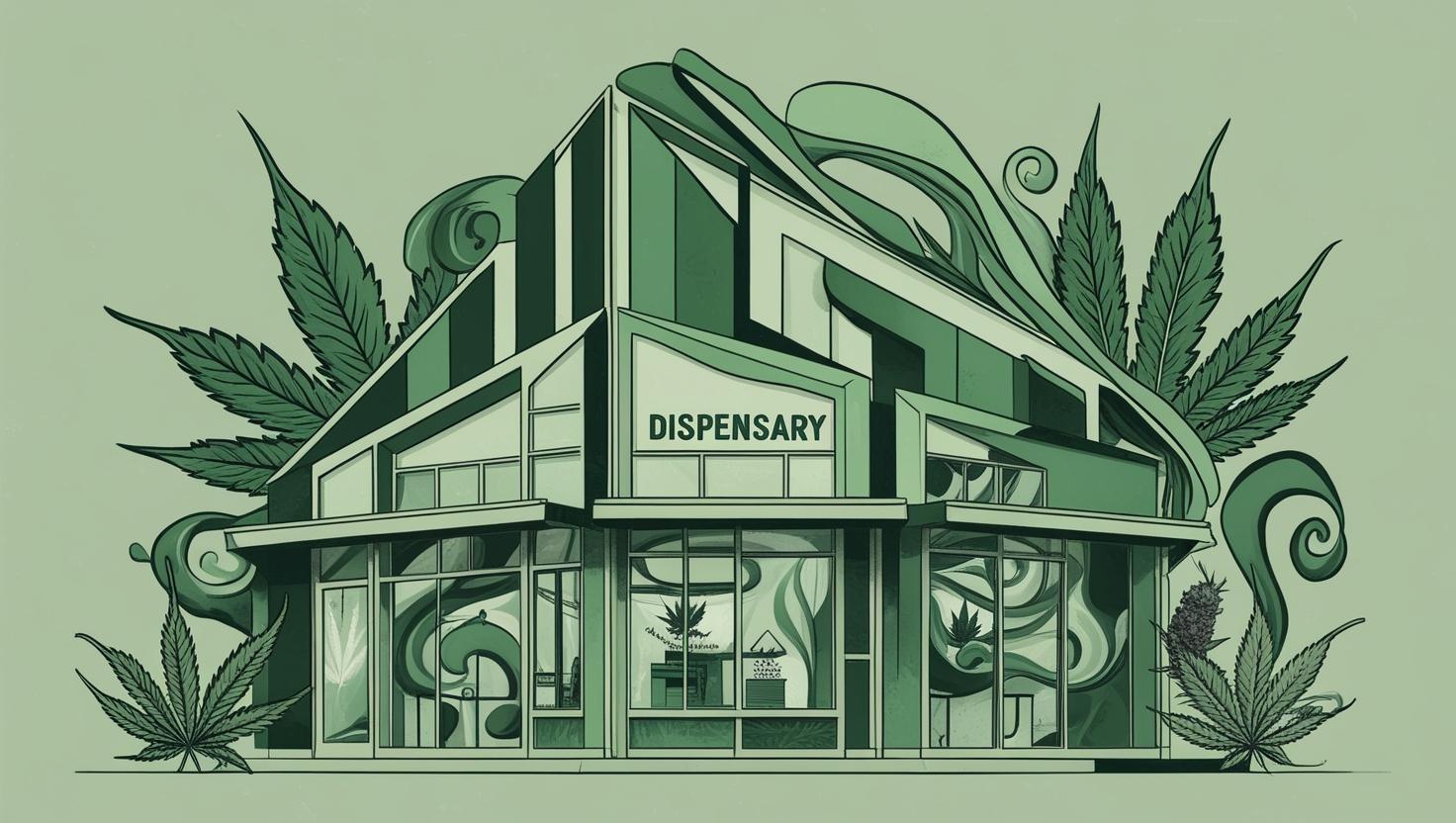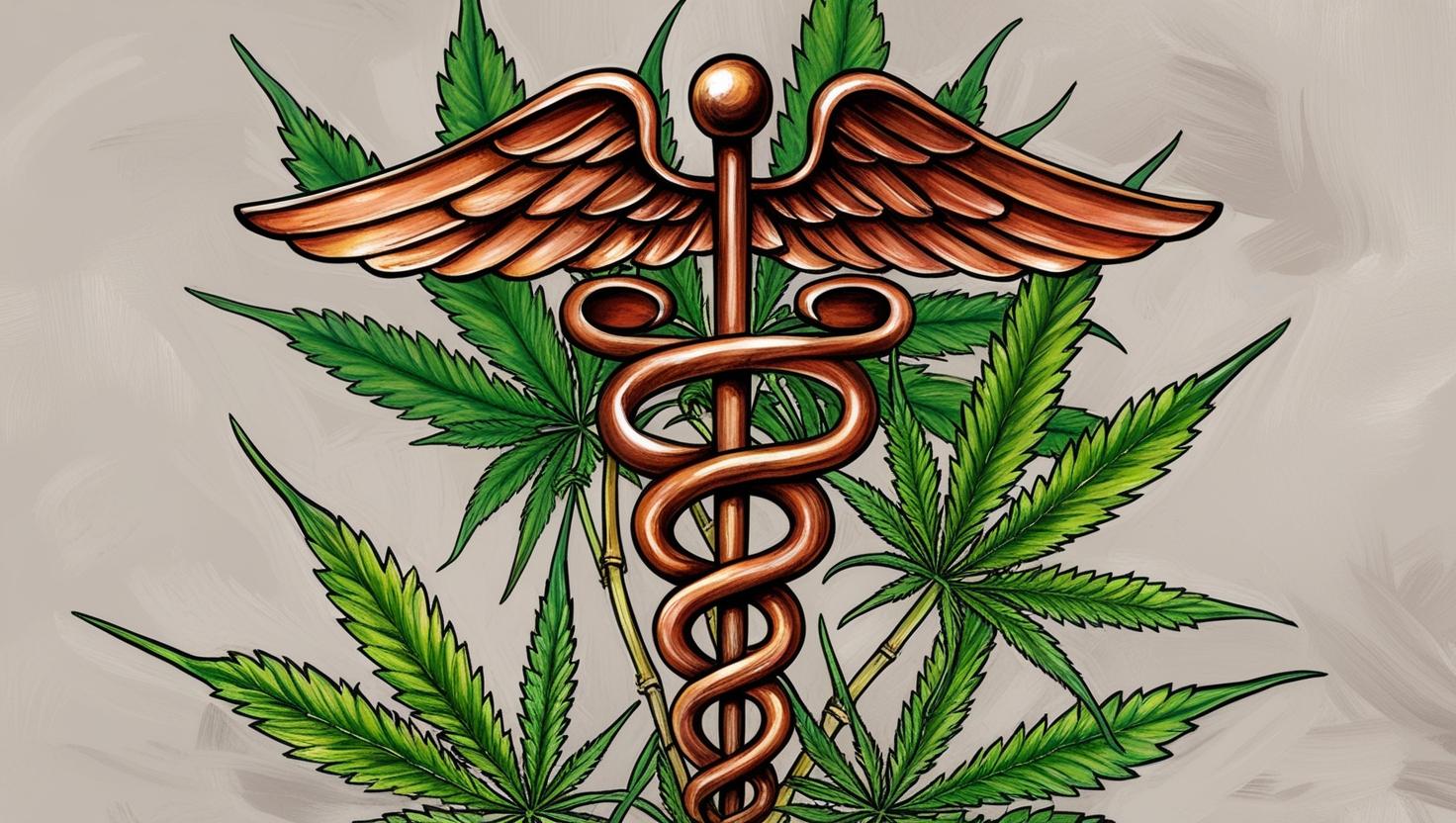As a military veteran living with post-traumatic stress disorder (PTSD), I’ve spent years trying to manage the emotional and psychological weight that followed me home after my service. For a long time, I felt like I was on my own. The anxiety, the flashbacks, the long, restless nights—it all felt like a burden I had to carry in silence. Like many others, I’ve tried everything the VA had to offer. Medications. Therapy. Even alcohol, at times, when things got too heavy. But none of it provided the kind of relief I was desperately seeking.
That’s why I paid close attention to a recent study published in the journal Drug and Alcohol Dependence. This research, conducted by a team from the RAND Institute and the University of Southern California, looked at how cannabis and alcohol use affected stress and sleep in veterans like me—those recently discharged and showing elevated PTSD symptoms. And what they found resonated deeply with my own experience.
The study followed 74 veterans over a three-month period. Each participant tracked their daily use of cannabis and alcohol, as well as their stress levels and how well they slept at night. On the days when they used cannabis, veterans reported noticeably lower levels of stress and better sleep that same night. It wasn’t just a matter of “feeling good” temporarily—it was a meaningful, measurable difference in their daily well-being.
By contrast, when veterans consumed alcohol—a substance many of us have leaned on in moments of pain or anxiety—they experienced the opposite effect: worse sleep and continued stress. That part of the study struck me hard. I’ve lived that cycle. You drink because you want the noise in your head to quiet down, only to find yourself staring at the ceiling all night, then waking up feeling worse than before. The relief is fleeting and the cost is high.
The researchers concluded that alcohol might actually reinforce a harmful loop: stress leads to drinking, which leads to poor sleep, which leads to more stress the next day. Cannabis, on the other hand, may break that loop—at least in the short term. They were careful not to overstate the results, calling for more research to understand the long-term impact of cannabis on stress and sleep. But for many of us, this study is validating. It confirms what we’ve felt in our own bodies—that cannabis can offer real, tangible relief when nothing else seems to work.
This isn’t the first time research has shown cannabis to be helpful for people with PTSD. Other studies have reported reductions in anxiety, improvements in mood, and decreased frequency of nightmares—something I personally struggled with for years. And yet, despite this growing body of evidence, access to medical cannabis for veterans remains a complex, often frustrating issue.
Right now, cannabis is still classified as a Schedule I drug at the federal level, lumped into the same category as heroin, while alcohol—a substance with well-documented harms—is legal and widely accepted. That contradiction makes no sense to me. Especially when, according to recent data, around 39% of veterans say they personally know another veteran who uses cannabis medicinally, and a full 75% have said they’d be interested in trying it themselves if it were a legal and approved treatment option.
That statistic alone tells you how much unmet need there is in our community. We aren’t looking for a high—we’re looking for peace. For something that helps us reclaim some quality of life, without the long list of side effects or the emotional numbness that comes with many prescription drugs.
Speaking for myself, cannabis has made a real difference. On nights when the anxiety creeps in or the nightmares start to build, it helps me find rest without the fog and the hangover of sleeping pills or alcohol. It doesn’t erase the trauma—but it softens the edge enough for me to function, to connect with my family, to breathe.
This study is a step in the right direction. It adds scientific weight to what many of us have been saying for years. Now it’s time for policymakers and healthcare providers to catch up. Veterans deserve safe, legal access to the treatments that work for them—including cannabis. Not in a few years, not “after more studies,” but now. We’ve waited long enough.





Leave a Reply